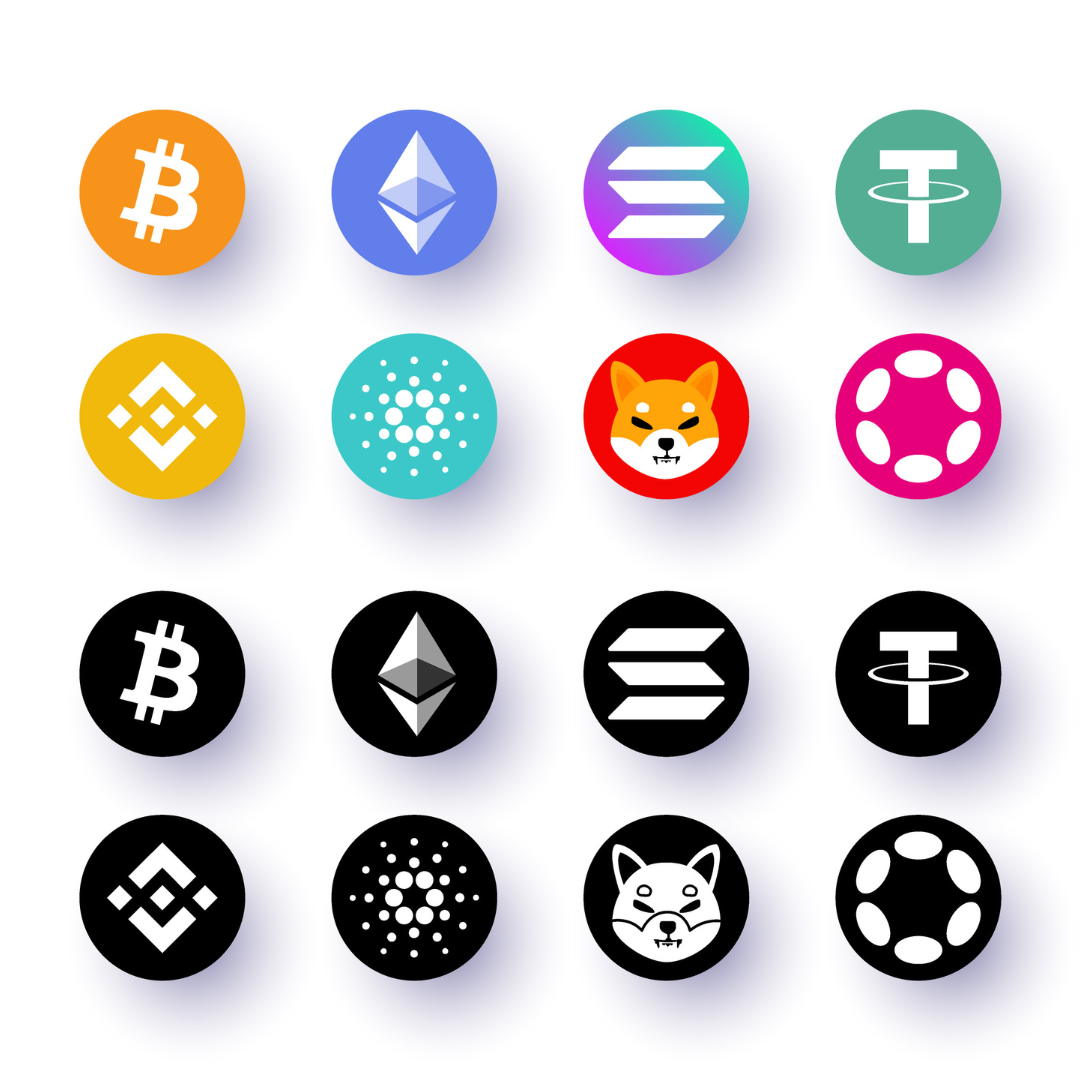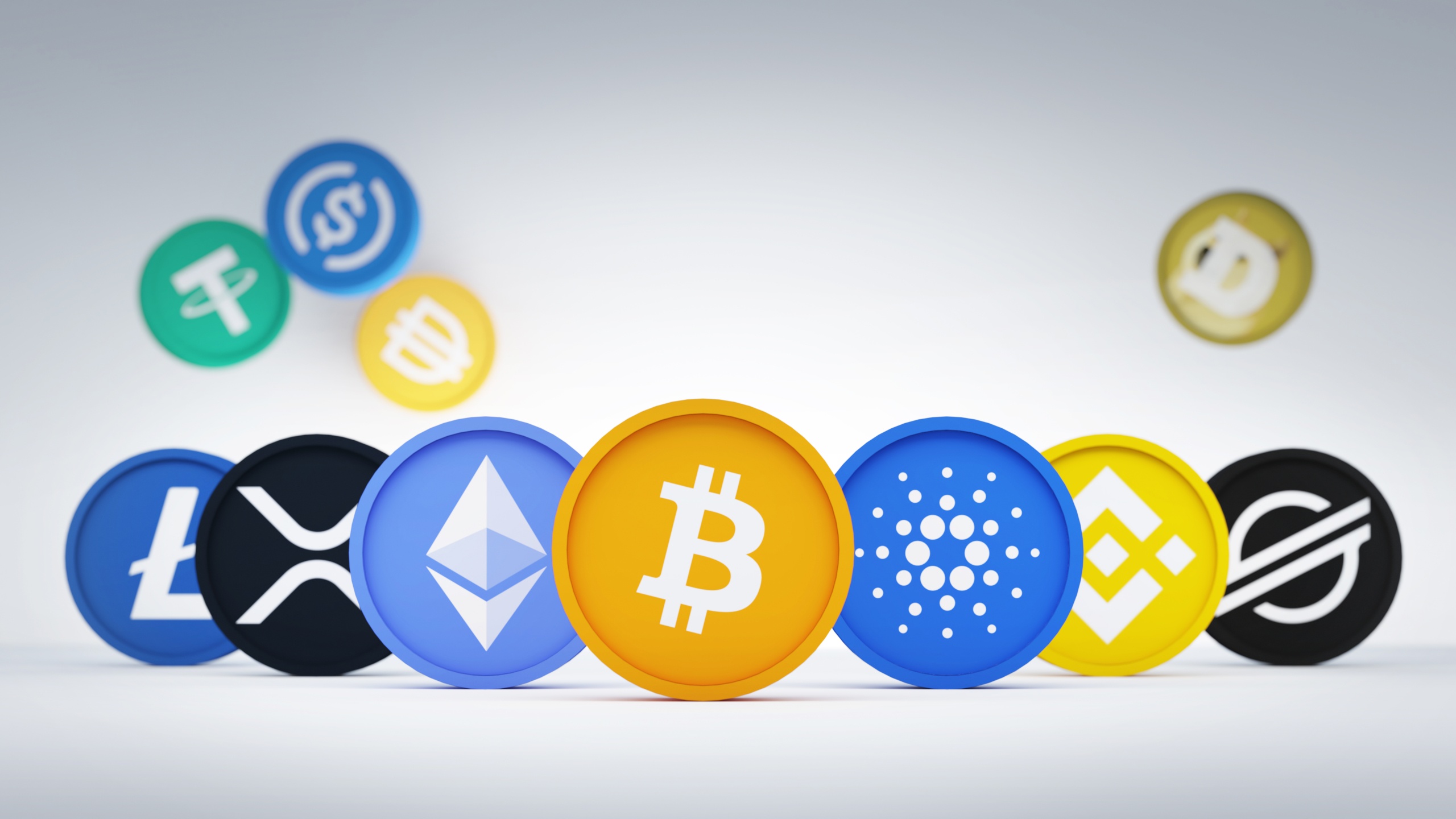Token Crypto Overview

Token crypto - In the realm of cryptocurrency, tokens play a crucial role, offering a wide range of functionalities and applications. These digital assets, built on blockchain technology, serve various purposes within the crypto ecosystem.
Obtain recommendations related to defi wallet that can assist you today.
Tokens can be categorized into different types based on their intended use. Utility tokens grant access to specific products or services within a platform or ecosystem. Security tokens represent ownership or investment in an underlying asset, similar to traditional securities. Governance tokens empower holders with voting rights, allowing them to participate in decision-making processes within decentralized organizations.
Popular Token Crypto Projects
Numerous token crypto projects have emerged, each with its unique value proposition. Some notable examples include:
- Ethereum (ETH): A popular platform for smart contracts and decentralized applications, ETH serves as the native utility token for gas fees and transaction settlements.
- Binance Coin (BNB): The native token of the Binance exchange, BNB offers reduced trading fees, access to exclusive features, and participation in decentralized finance (DeFi) services.
- Chainlink (LINK): A decentralized oracle network, LINK powers smart contracts by providing secure and reliable data feeds from external sources.
Token Crypto Issuance
Token crypto issuance involves creating and distributing new tokens on a blockchain network. It allows projects to raise funds, distribute ownership rights, or create new applications. There are several methods for token issuance, each with its advantages and disadvantages.
Initial Coin Offerings (ICOs)
ICOs are a common method for token issuance where projects sell tokens directly to the public in exchange for cryptocurrencies like Bitcoin or Ethereum. Investors typically purchase tokens with the expectation that they will increase in value as the project develops and gains adoption.
Security Token Offerings (STOs)
STOs are similar to ICOs but offer tokens that represent ownership or equity in a company or asset. STOs are regulated by securities laws and require compliance with strict disclosure and reporting requirements.
Initial Exchange Offerings (IEOs)
IEOs involve selling tokens through a cryptocurrency exchange. Exchanges vet and select projects to list, providing investors with a level of trust and security. IEOs often offer lower fees than ICOs and STOs.
Legal and Regulatory Considerations
Token issuance is subject to various legal and regulatory frameworks depending on the jurisdiction. Projects must carefully consider the applicable laws and regulations to ensure compliance and avoid legal risks.
| Issuance Method | Advantages | Disadvantages |
|---|---|---|
| ICOs | - High fundraising potential - Direct access to retail investors | - Unregulated - High risk of scams |
| STOs | - Regulated - Offer ownership rights | - Complex and expensive - Limited liquidity |
| IEOs | - Trustworthy - Lower fees | - Limited project selection - May favor large exchanges |
Token Crypto Trading
Token cryptos are traded on cryptocurrency exchanges, online platforms that connect buyers and sellers. These exchanges facilitate the trading of various cryptocurrencies, including token cryptos.
Do not overlook explore the latest data about okx crypto.
To trade token cryptos, users must first create an account with an exchange and fund it with either fiat currency or other cryptocurrencies. Once their account is funded, users can place orders to buy or sell token cryptos at the current market price or at a specified price.
Types of Trading Orders
- Market order: A market order is an order to buy or sell a token crypto at the current market price. Market orders are executed immediately at the best available price.
- Limit order: A limit order is an order to buy or sell a token crypto at a specified price. Limit orders are not executed until the market price reaches the specified price.
- Stop order: A stop order is an order to buy or sell a token crypto when the market price reaches a specified price. Stop orders are used to protect against losses or to lock in profits.
Trading Strategies
There are a variety of trading strategies that traders can use to trade token cryptos. Some common strategies include:
- Scalping: Scalping is a short-term trading strategy that involves buying and selling token cryptos within a short period of time to profit from small price movements.
- Day trading: Day trading is a short-term trading strategy that involves buying and selling token cryptos within the same trading day. Day traders typically close out all of their positions before the end of the day.
- Swing trading: Swing trading is a medium-term trading strategy that involves holding token cryptos for a few days or weeks to profit from larger price movements.
Top Token Crypto Exchanges
| Exchange | Features |
|---|---|
| Binance | Largest cryptocurrency exchange by trading volume. Offers a wide variety of token cryptos. |
| Coinbase | User-friendly exchange that is popular with beginners. Offers a limited selection of token cryptos. |
| Kraken | Established exchange with a strong reputation for security. Offers a wide variety of token cryptos. |
Token Crypto Use Cases

Token cryptos have a wide range of use cases, from payments and remittances to smart contracts. They are being used to create new and innovative applications that are transforming the way we live and work.
Payments, Token crypto
Token cryptos can be used to make payments quickly, easily, and securely. They are ideal for cross-border payments, as they can be sent anywhere in the world without the need for intermediaries. Several companies, such as PayPal and Venmo, now allow users to send and receive token cryptos.
Remittances
Token cryptos can be used to send money to family and friends in other countries. They are much cheaper and faster than traditional methods, such as wire transfers. Several startups, such as Bitspark and Coins.ph, are making it easier to send remittances using token cryptos.
Smart Contracts
Smart contracts are self-executing contracts that are stored on a blockchain. They can be used to automate a variety of tasks, such as transferring funds, executing agreements, and managing supply chains. Smart contracts are still in their early stages of development, but they have the potential to revolutionize many industries.
Further details about current crypto prices is accessible to provide you additional insights.
Other Use Cases
Token cryptos are also being used in a variety of other applications, such as:
- Identity verification: Token cryptos can be used to verify a person's identity, without the need for traditional forms of identification.
- Voting: Token cryptos can be used to create secure and transparent voting systems.
- Charity: Token cryptos can be used to donate to charities and track the impact of donations.
Token Crypto Security
Investing in token cryptos involves inherent security risks, making it crucial to understand the potential threats and implement appropriate security measures to protect your investments.
One of the significant risks associated with token cryptos is hacking. Cybercriminals may attempt to gain unauthorized access to your crypto wallets or exchanges, exploiting vulnerabilities in the software or security protocols to steal your funds.
Security Measures for Token Crypto Investments
To safeguard your token crypto investments, consider implementing the following security measures:
- Use strong passwords and two-factor authentication (2FA): Create complex passwords and enable 2FA to add an extra layer of protection to your accounts.
- Store your tokens in a secure crypto wallet: Choose a reputable crypto wallet provider that offers robust security features, such as encryption, multi-signature support, and hardware security modules (HSMs).
- Be cautious of phishing scams: Be wary of emails or messages that appear to come from legitimate sources but contain suspicious links or attachments. Avoid clicking on these links or providing sensitive information.
- Educate yourself about crypto security: Stay informed about the latest security threats and best practices to protect your crypto investments.
Types of Crypto Wallets and Their Security Features
| Wallet Type | Security Features |
|---|---|
| Software wallets: | Convenient and accessible, but may be more vulnerable to hacking |
| Hardware wallets: | Store your private keys offline, providing enhanced security |
| Paper wallets: | Print out your private keys and store them physically, offering the highest level of security |
| Multi-signature wallets: | Require multiple signatures to authorize transactions, increasing security |
Token Crypto Regulation

The regulatory landscape for token cryptos is still evolving, with different jurisdictions taking different approaches. However, there is a growing consensus that token cryptos need to be regulated in order to protect investors and ensure market integrity.
One of the key challenges in regulating token cryptos is that they can be used for a variety of purposes, including as a currency, a security, or a commodity. This makes it difficult to determine which regulatory framework should be applied to them.
Key Regulatory Developments
There have been a number of key regulatory developments in the token crypto space in recent years.
- In 2017, the US Securities and Exchange Commission (SEC) issued a report that concluded that many token cryptos were securities and therefore subject to US securities laws.
- In 2018, the SEC launched an investigation into the initial coin offering (ICO) market, which resulted in a number of enforcement actions against ICO issuers.
- In 2019, the Financial Action Task Force (FATF) issued a set of guidelines for regulating token cryptos, which were adopted by a number of jurisdictions.
These developments indicate that the regulatory landscape for token cryptos is becoming increasingly clear. However, there is still a lot of uncertainty about how token cryptos will be regulated in the long term.
